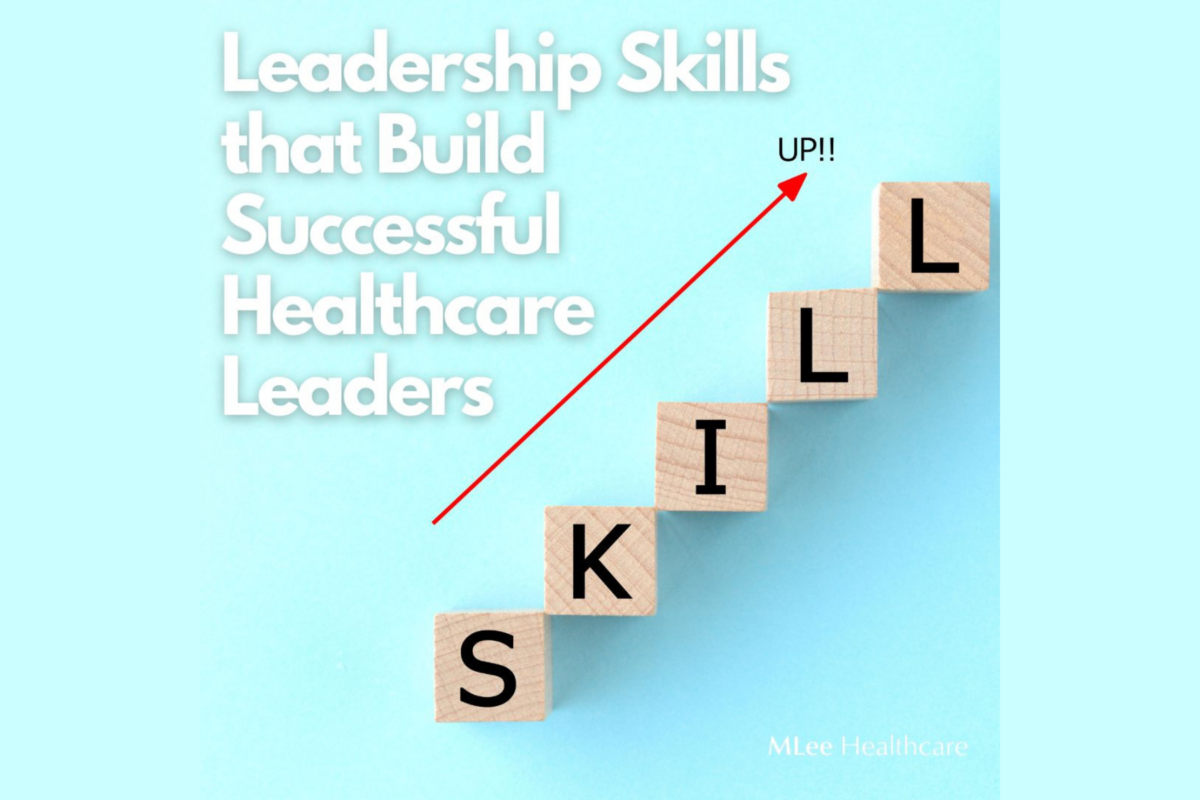Are you a healthcare traveler in search of a dream assignment in a tropical paradise? Look no further! The United States offers a


Healthcare leaders are placed in charge of the lives of hundreds, if not thousands, of people, which means that their decisions are technically, lifesaving. Luckily, most of these leaders are connected to professionals and support systems that ensure they receive everything they need to create a positive impact. Yet, it’s also true that healthcare leaders are still humans with the ability to make mistakes and under-deliver from time to time.

To ensure that they develop the skills they require to be successful, healthcare leaders adopt different strategies and techniques that transform them into better professionals. If you’re a healthcare leader or would love to learn how they become successful, the following skills are great to learn.
Respect refers to one’s ability to accept others for who they are, and when conflicts arise, it’s one skill that ensures disagreements are settled amicably. Healthcare leaders interact with all types of people daily, and by building a culture of respect, they can attract and maintain employee support. When a leader shows respect, they can build relationships, show trust, and improve the well-being of all persons. Of course, respect might not be a natural skill, and to master it, practicing every day is key. Start by offering kind words when things are going well, and when disaster is afoot, practice restraint.
Self-discipline is an underrated skill, but for healthcare leaders, it’s one aspect that will make work goals possible to achieve. In the healthcare industry, where pandemics can arise and distractions are common, self-discipline can help you stay on track. Self-discipline can be a foundation for the leader’s personal development, ensuring that you stay ahead of all tasks on your table and avoid burnout. Gradually, when you’re self-disciplined, you provide others with a good example and make yourself an efficient part of the healthcare system.
You are a perfectionist and sometimes, you feel that no one does things as well as you. Well, no matter how experienced you are, you’ll always have new tasks that demand your attention at all times. Practicing delegation as a skill can reduce the pressure of tasks you should handle and by extension, offer other employees the opportunity to grow. For employees that receive tasks from the healthcare leader, delegation is interpreted as trust and gradually, they will repay with loyalty. Never pass the opportunity to delegate to ensure that overall organization goals are accomplished simultaneously.
In recent decades, the healthcare industry has faced dramatic shifts and changes that have forced many leaders to adapt and relearn. Agility, especially when it comes to new skills and abilities, is a meaningful skill that can ensure you stay on top of your game. In a world where problem-solving techniques are always in demand, an agile leader will always be in demand. By becoming agile, you offer yourself and the healthcare industry the opportunity to withstand new changes and emerge victorious.
The world is full of challenges and for healthcare leaders, problems might form a huge chunk of tasks that demand your attention. As a leader, take time to learn your work obligations and be realistic about your abilities to handle them. When you’re honest, you’ll realize that most problems can be tackled by research, analytical skills, and deliberate strategies. Remember that you have the capacity and capability to make a difference in your field, and while you might not have all the solutions yet, you can get them. Use the resources at your disposal to learn about or hire the right people whose skills can help address problems before they turn into calamities and pandemics.
With all the technology we have today, humans still struggle to find the right words to express their plans and goals and when this happens, conflicts arise. As a leader, learn how to be a great communicator because this is the only way that your team will always be on the same page with you. Use the right tools to reach out to your team in a timely fashion and when you sense some conflict, apply interpersonal techniques.
For example, when dealing with remote teams, use video calls to explain your goals, perspectives, and receive feedback. But when you sense some disconnect, write down your thoughts and share them via email or a memo to ensure that all departments comprehend your views. Never get tired of experimenting with new communication platforms, and when you do it, ensure that it’s never life or death. The best work meetings are not those with agendas or bullet points, but ones where everyone feels that their views are welcome and valued.
As a healthcare leader, you’re in a formal position with access to experts, associations, and partners who are always looking for the best talent. Always look at your team as a reflection of your image, and to succeed, set them up for progress and growth. Develop employees in your team by making it possible for them to attend training sessions, mentorship sessions, and to advance their education. These efforts help you build a network of future partners that can help you accomplish your goals within the industry.
Some industries brag about having the most successful CEOs, managers, and speakers, but we all know health care is the only industry that supports what they all do. Without vigilant and efficient healthcare leaders, the whole world would collapse. This is why the Mlee Healthcare team commits itself to boosting professional standards for all practitioners. What we do is a calling, and we believe that healthcare leaders hold the future of humanity in their hands.